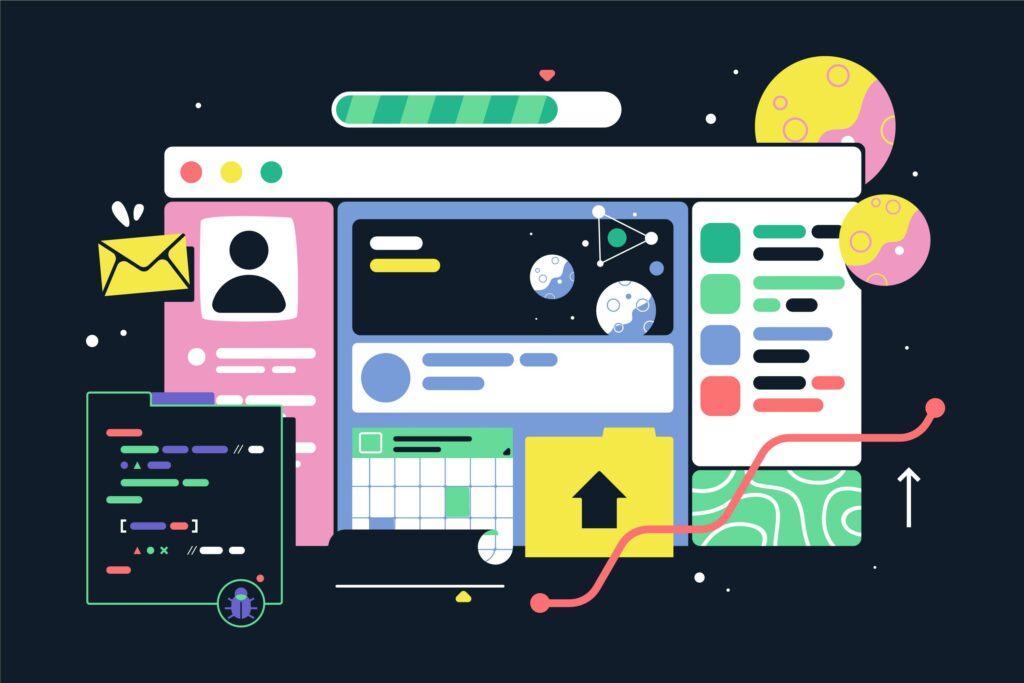The world of website building has come a long way since the early days of the internet. Gone are the days when website building was a tedious and technical process that required coding expertise. With the advent of website builders, creating a website has become a lot simpler and more accessible to people of all skill levels. But what does the future of website builders look like? In this blog post, we’ll explore some of the trends and possibilities that lie ahead.Firstly, it’s important to recognize that website builders have already come a long way in terms of functionality and ease of use. Today’s website builders offer a wide range of templates, drag-and-drop interfaces, and customization options that make it easy for anyone to create a professional-looking website in a matter of hours. This trend is likely to continue, with website builders becoming even more intuitive and user-friendly in the years to come.
One area where website builders are likely to evolve is in the realm of artificial intelligence (AI). As AI becomes more advanced, it’s possible that website builders will be able to use machine learning algorithms to analyze user behavior and make suggestions for how to optimize a website’s design and content. This could include everything from suggesting the best color scheme to use for a particular audience to recommending the most effective calls-to-action based on user behavior.
Another trend that we’re likely to see in the future of website builders is increased integration with other tools and services. For example, website builders could integrate with email marketing platforms to make it easy for users to build lists and send newsletters directly from their website. They could also integrate with e-commerce platforms to enable users to set up online stores and accept payments directly on their website.
One of the most exciting possibilities for the future of website builders is the potential for customization and personalization. In the past, website builders have tended to offer a one-size-fits-all approach, with users choosing from a set of pre-designed templates. However, in the future, we may see website builders that are able to adapt to each user’s needs and preferences, creating a truly unique and personalized experience for each visitor.
Of course, there are also challenges that lie ahead for website builders. One of the biggest challenges is the need to keep up with the latest design and technology trends. As the web continues to evolve, website builders will need to stay abreast of new developments and ensure that their platforms are up-to-date with the latest features and functionalities.
Another challenge is the need to balance simplicity with flexibility. While website builders have made it easier than ever to create a website, there is still a trade-off between ease of use and flexibility. Some users may find that the templates and customization options offered by website builders are too limiting, and may prefer to use more advanced tools and technologies.
In conclusion, the future of website builders looks bright, with continued advancements in AI, integration, customization, and personalization. As website builders continue to evolve, they will need to strike a balance between simplicity and flexibility, and keep up with the latest design and technology trends. Whatever the future holds, one thing is clear: website builders will continue to play a vital role in helping people of all skill levels create professional-looking websites with ease.


